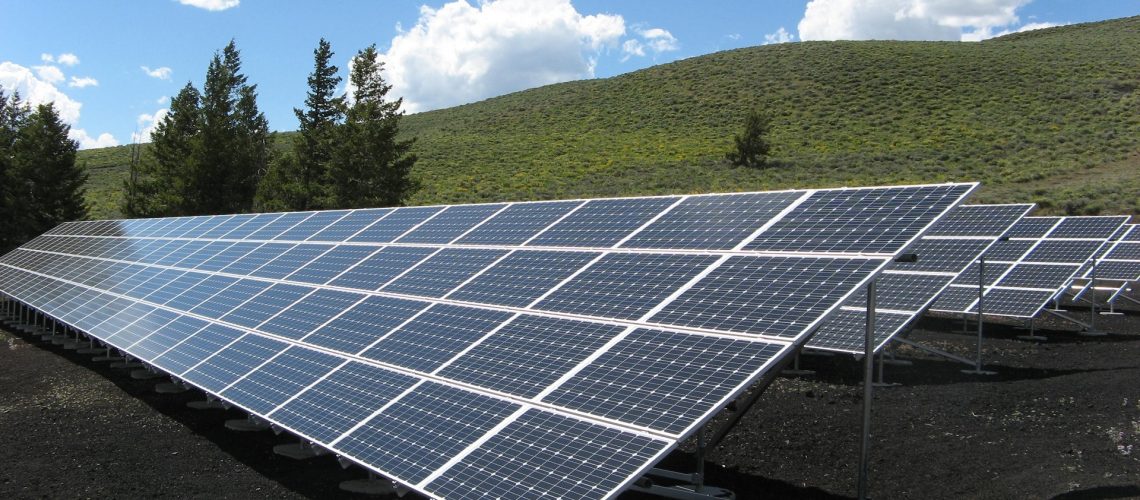A common question that comes up when homeowners consider investing in solar power is whether the solar panels can double up as a power backup during a power cut or not.
After all, solar power depends on the sunlight, right? Shouldn’t it work even if the grid has no power?
The answer, unfortunately, is no. There is a workaround, but it takes some additional effort (and expense) to make it work.
But why do solar panels not work during power outages? Let’s find out.
The AC/DC Conundrum
Solar panels convert sunlight into a steady stream of electrons, which is usually known as Direct Current or DC in short. Conventional power sources, on the other hand, tend to produce a wildly fluctuating wave called Alternating Current or AC.
A byproduct of this difference is that all modern electrical appliances – from your refrigerator and washing machine to even your lightbulbs – are designed to run on an AC supply.
As a result, you cannot just ‘plug in’ your devices to the solar panels and expect them to work. What mostly happens is that the supplier purchases the DC current produced by your solar panels (through a smart meter linked inverter) and supplies you with an equal amount of AC current from the grid.
The Supply and Demand Mismatch
Even if the output from your solar panels could be converted into AC on-site, it is still not possible to hook it up directly with your home electrical system.
Why? Because there is always a disparity between the demands of your home and the supply available via solar energy alone.
The amount of electricity produced by your panels depends on a number of environmental factors, from the intensity of the sunlight to the day-to-day weather conditions. As such, it is unfeasible to use this varying level of supply directly.
In the traditional framework, the grid makes up for any shortfall from your own production besides absorbing any excess output. This ensures that your appliances can draw as much power as they require, whether the sun is out or not.
The Safety Issue
Even if you could obtain a steady level of AC output from your solar panels (and that’s a big if), there is another reason why your solar panels are shut down during an outage – safety.
Simply put, your solar power production is linked with the grid. An outage usually indicates some kind of fault in the line somewhere, which is fixed by repairmen after the grid is taken offline.
Switching on your solar panels at such a time can send a back feed through the grid lines, potentially electrocuting the utility servicemen working on repairs. It is in order to prevent such an eventuality that any solar power production facility is also automatically switched off during a power outage.
The Workaround: A Battery Backup System
While your solar panels themselves cannot directly power your home during an outage, you can use the excess power production to charge up a battery that runs a backup system.
Since this backup system is separate from the grid supply, you avoid the problems associated with sending power into the grid, as well as deal with the issue of fluctuating DC production of your panels.
The only problem is that it is quite expensive.
Batteries can push up the price of your solar power installation by as much as 50% (or even more, depending on the amount of backup you need), besides needing replacement every ten years or so, in contrast to the long life of your panels.
Conclusion
Leaving aside an expensive (and environment unfriendly) workaround, your solar panels cannot run your home during an outage. Which is fine, as they are still likely to recover your investment in a few years, besides saving on your power bill for literally forever.


